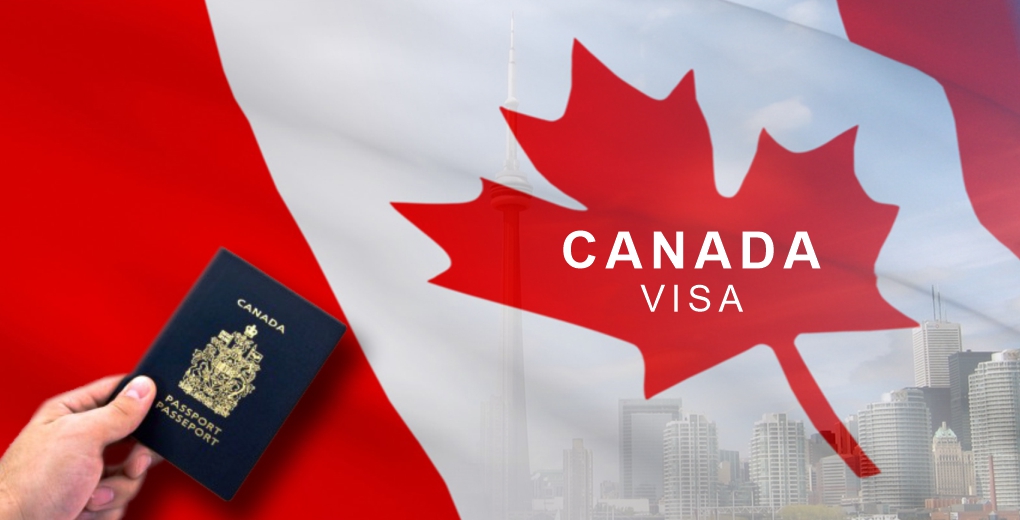
CANADA SET TO IMPOSE NATIONAL CAP TO REDUCE INTAKE OF INTERNATIONAL STUDENTS
In order to lower the number of foreign students admitted to the nation, the Canadian government plans to implement a nationwide cap.
In an interview with CTV’s Question Period on Sunday, the nation’s immigration minister, Marc Miller, stated that in order “to ensure that the provinces that have not been doing their jobs actually rein in those numbers on a pure volume basis,” the federal government of Canada will need to work with the provincial governments.
“That volume is disconcerting,” Miller said, in reference to the number of international students in Canada. “It’s really a system that has gotten out of control.”
It was earlier reported that Canada had raised its “cost-of-living financial requirement for study permit applicants,” basically for international students, to $20,000 from $10,000 starting from January 1, 2024.
Reacting to the new development, Miller said, “The Canadian government has faced criticism for welcoming an increasing number of immigrants — both permanent and temporary residents — while the country faces an acute housing shortage.”
According to recent reporting by The Canadian Press, which cites internal papers obtained through an access to information request, the government was alerted two years ago by employees of the government that its aggressive immigration plans might compromise the affordability of housing.
The Liberals have set goals to increase immigration by 485,000 this year and 500,000 in 2025 and 2026.
Another factor in the picture is temporary residents, of which migratory workers and overseas students make up the majority. In the third quarter of last year alone, almost 300,000 of them arrived in Canada.
In order to help lower the demand for accommodation, Miller stated he will be considering the possibility of imposing a cap on international students in both the first and second quarters of this year.
“We need to be doing our jobs and making sure that we have a system that actually makes sure people have a financial capability to come to Canada, that we’re actually verifying offer letters,” Miller said.
“And now it’s time for us to have a conversation about volumes and the impact that that is having in certain areas.”
In response to questions about why his government is only now considering a cap, even though the idea has been thrown around for months, Miller stated that federal data must be sorted out before looking “a little more granularly” at what specific academic institutions are doing in various provinces that may stand to gain financially from enrolling more foreign students.
Miller pointed out that imposing a quota on foreign students would not be a “one-size-fits-all solution” to Canada’s housing crisis.
In response to additional questions about how many foreign students are entering Canada at a rate significantly higher than the number of houses the federal government has declared it intends to assist in building, Miller clarified that housing is simply one factor in the immigration objective calculation. “It’s imperative that the average age of the workforce be lowered as well,” the speaker stated.
While he wouldn’t give specifics, Miller said a cap on international students is something the federal government is considering, “and will continue to consider.”
“We have a sense of what those numbers would look like, what the reduction of those numbers look like, out of courtesy to my colleagues in the provinces, those are discussions that we’re first going to have around the negotiating table,” he said, adding the financial needs of academic institutions is also a factor.
